DC solid state relay and DC contactor, which one is better?
DC Solid State Relays (DC SSR) and DC contactors are both switching devices used to control circuits, but they have significant differences in working principles, performance and application scenarios:
-
Working Principle:
- DC Solid State Relay (DC SSR): Uses semiconductor devices (such as thyristors, transistors, MOSFETs or IGBT) to achieve circuit switching. It has no mechanical moving parts.
- DC Contactor: Controls the circuit by driving mechanical contacts to open or close through an electromagnetic coil.
-
Performance:
- DC SSR:
- No Mechanical Wear: Due to the absence of mechanical parts, DC SSRs generally have a longer lifespan.
- Fast Response: Capable of switching circuits within milliseconds.
- Noise-Free: Operates silently as there is no mechanical action.
- Low Power Consumption: Requires less power for the control circuit.
- DC Contactor:
- Mechanical Wear: The lifespan may be limited by the wear of contacts due to mechanical movement.
- Slower Response: Compared to SSRs, contactors have a slower response time.
- Noise: Produces mechanical noise when switching.
- Higher Power Consumption: The electromagnetic coil requires more power to maintain contact closure.
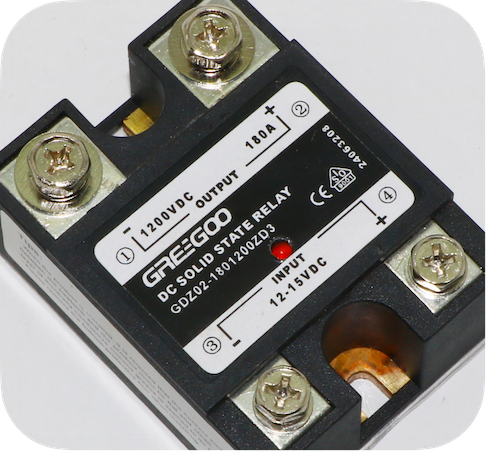
- DC SSR:
-
Application Scenarios:
- DC SSR: Suitable for situations requiring fast switching, noise-free operation, and high-frequency switching, such as precision electronic equipment and automation control systems.
- DC Contactor: Suitable for handling high current and high voltage situations, such as electric vehicles and industrial motor control.
-
Cost:
- DC SSR: Generally more expensive than DC contactors, especially in high-current applications.
- DC Contactor: Typically lower cost, suitable for budget-constrained applications.
In summary, the choice between these devices depends on specific application requirements, including current and voltage demands, switching frequency, noise sensitivity, and budget considerations.
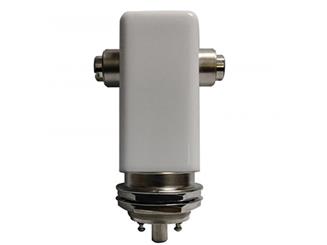
How to order a suitable high voltage relay?
A high voltage relay that includes any relay capable of handling high voltage applications, typically in the kilovolt range and above. These relays can be vacuum relays, but they might also be gas-filled or solid-state relays, depending on the specific application requirements.
Read More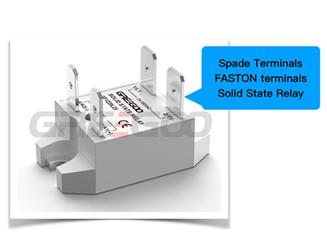
Advantages and Disadvantages of Spade Terminals and Screw Terminals in Solid State Relays
If quick connections and frequent maintenance are needed, spade terminals may be more suitable; for situations requiring long-term stable connections, screw terminals are a better choice.
Read More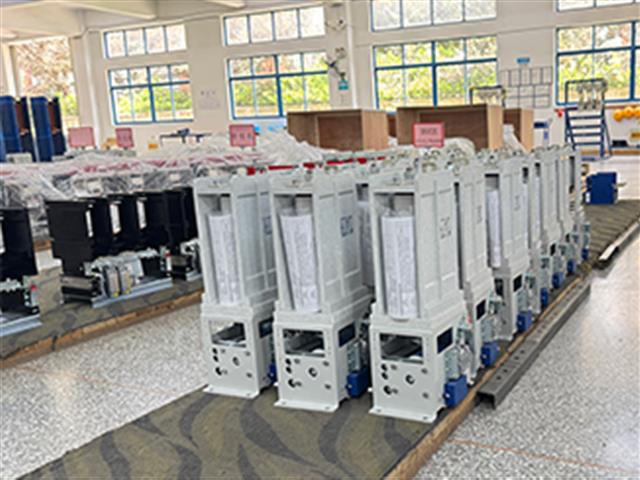
GVC/EVC Series Low Voltage Medium Voltage Vacuum Starter Contactor: Advanced Solutions for Reliable Motor Control in Various Industries
The GVC type is suitable for AC systems with a frequency of 50Hz or 60Hz, a rated voltage of 1140V, 1.5KV, 2KV, 3.6KV and a rated current ranging from 63A to 3200A. The EVC type is suitable for AC systems with a frequency of 50Hz or 60Hz, a rated voltage of 7.2KV, 12KV, 24KV, 36KV, 40.5KV and a rated current ranging from 250A to 800A.
Read More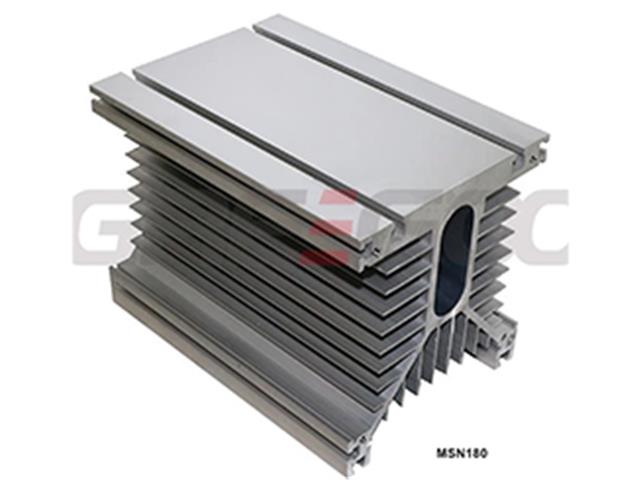
Guide to Heatsink Calculation and Selection
A heatsink is a device used for heat dissipation, commonly found in electronic devices to help dissipate heat and prevent overheating.
Read More













